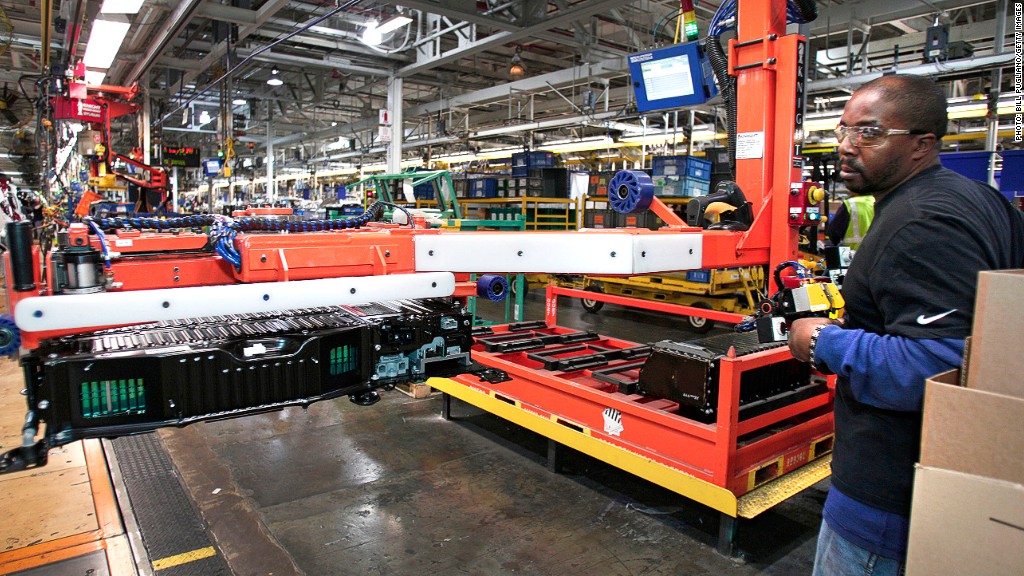- Prioritise FX Allocation to Local Manufacturers
A group known as Association of Agricultural Products and Equipment Manufacturers (AAPEM) has stressed the need for the prioritisation of forex allocation to indigenous manufacturers by banks and other authorised dealers.
According to this group, made up of indigenous agro processors and equipment assemblers, the practice of providing FX to foreign firms at the expense of indigenous manufacturers must stop, adding that relevant government ministries, departments and agencies had not shown sufficient will and grit to support indigenous players. The group made this call yesterday at a press briefing held in Lagos.
The Central Bank of Nigeria (CBN) had in August directed commercial banks and other authorised dealers in the FX market to ensure that they channel 60 per cent of total FX purchases from all sources (interbank inclusive) to end users strictly for the purpose of importation of raw materials, plant and machinery. The central bank had said it took the decision following its review of returns on the disbursement of FX and observed that a negligible proportion of FX sales were being channeled towards the importation of raw materials for the manufacturing sector.
But the Secretary-General of the group, Mr. Farouk Abdullahi, said government’s ministries, departments and agencies (MDAs) had not supported local farmers, thereby frustrating manufacturers who needed farm output as raw materials. He blamed this on the way FX had been allocated in recent times, saying that the situation was not good for indigenous players.
“If you rely on a foreigner, the day he will say ‘no’ to you, you will be in trouble, because he knows you cannot feed yourself. We need to be self-sufficient, but there must be support from the CBN and other government agencies,” Abdullahi, who is also a lawyer, said.
“We call on the federal government to start with more support to farmers, provide very cheap fertilizers, insecticides, herbicides, among others,” he said.
He also said tomatoes in the northern part of the country were sold at ridiculously cheap prices because nobody was willing to buy, adding that Nigerians must patronise made-in-Nigeria products.
“If we don’t buy made-in-Nigeria products, nobody will buy it. This is what civilised nations do,” he said.
On his part, the President and CEO of Erisco Foods Limited, Mr. Eric Odinaka Umeofia, said indigenous manufacturers had made up their minds to stand up against injustices from government agencies.
Umeofia alleged that government ministries, particularly the Ministry of Industry, Trade and Investment, NAFDAC and the central bank had not shown enough confidence in indigenous manufacturers.
“We need foreigners as much as we need indigenous manufacturers. But what we are saying is that there should be fairness. Some foreigners come in here as investors but end up collaborating with unscrupulous persons to sabotage our economy,” he stated.

 News3 weeks ago
News3 weeks ago
 Business3 weeks ago
Business3 weeks ago
 Technology3 weeks ago
Technology3 weeks ago
 Investment3 weeks ago
Investment3 weeks ago
 Banking Sector3 weeks ago
Banking Sector3 weeks ago
 Banking Sector3 weeks ago
Banking Sector3 weeks ago
 Appointments3 weeks ago
Appointments3 weeks ago
 Investment3 weeks ago
Investment3 weeks ago





























